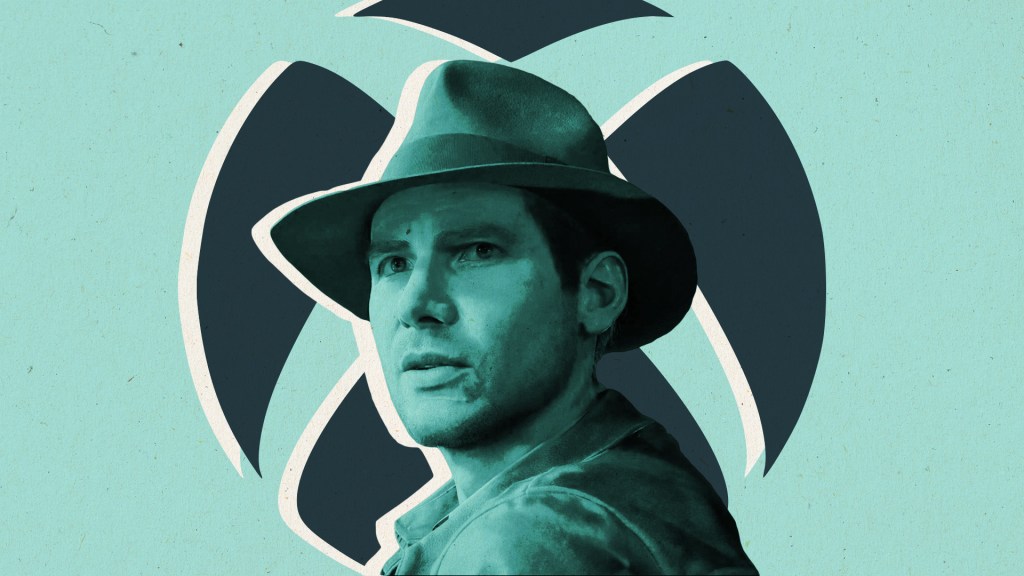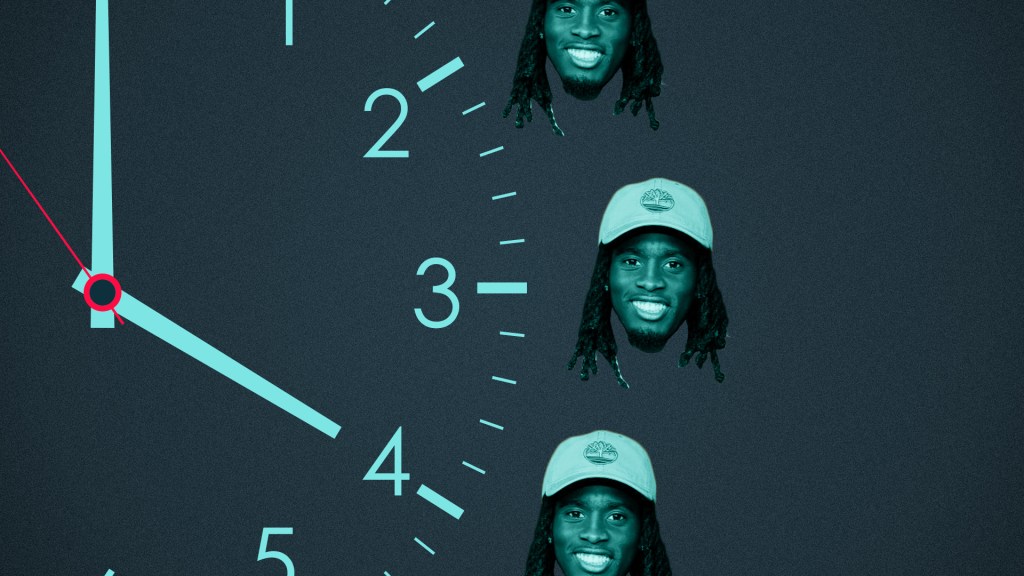How Kai Cenat Alerted Hollywood to ‘Subathon’ Power
In this article
Kai Cenat’s month-long “Mafiathon 2” livestream just ended, crowning him the most subscribed creator on Twitch by a significant margin. If that sentence means nothing to you and you work in the entertainment business, it’s time to get to know the world of livestreaming, as creators like Cenat bust the mainstream’s gates wide open.
For context, Twitch has a different subscription system than platforms such as YouTube. Viewers can either “follow” a livestreamer for free or pay a monthly subscription to directly support a creator and have access to exclusive perks.
This model gave birth to the “subathon” — short for “subscription marathon” — wherein the creator goes live for an extended period and gain as many subscribers as possible over its course. Sometimes viewers can influence how long the subathon goes by adding time to a countdown clock via subs and donations, or in Cenat’s case, there was a predetermined goal for the number of days continuously streamed.
And yes, subathons are often known to play out for days or longer (streamer emilycc has been live for over three years and counting), with even mundane activities including eating and sleeping all happening on camera. Online creator Ludwig’s 31-day subathon in April 2021 was the first to make waves outside of Twitch, reportedly earning him well over $1 million and the title of most-subscribed Twitch streamer, with 283,066 active subs.
With his “Mafiathon 2” stream, Cenat — whose fans are the “Cenat Mafia” — once again has the most active Twitch subs, with a staggering 728,535 according to TwitchTracker, more than doubling his previous peak of 306,621 subs from the first “Mafiathon” in January 2023.
Cenat hasn’t said how much he made from this fall’s stream, but CNBC estimated it was around $3.6 million from tier 1 ($4.99) subscriptions alone. (The influencer previously said 20% of all revenue would be going toward a school he’s building in Nigeria.)
For the uninitiated, Kai Cenat is a 22-year-old livestreamer who is probably the best example of an influencer at the peak of their influence. With over 15 million followers on Twitch, he regularly entertains audiences with a variety of antics, but the through-line is a personality and physicality that pops off the computer screen.
Rolling Stone recently put him at the top of its 25 Most Influential Creators list, in part because even if you don’t watch Cenat, you’ve probably seen or felt his sway. Oxford Dictionary’s 2023 word of the year, “rizz,” was slang directly popularized by Cenat.
NYC’s Union Square was filled with so many thousands of teens on a random Friday last year after Cenat said on a stream he’d be giving away PlayStation 5 consoles in the area mere hours earlier that police had to be called in to disperse the crowd.
For many online teens and kids, Cenat is the mainstream — and livestreaming is mainstream entertainment. As covered in the VIP+ special report on social video in July, Generation Alpha has taken a particular liking to livestreaming, with 76% of respondents in a Precise TV survey saying they spend at least an hour a day on Twitch, a percentage that is tied with Gen Alpha kids who also reported spending an hour or more on SVOD platforms.
But aside from the record-breaking subscription numbers, Cenat’s subathon is gaining wider attention thanks to the revolving door of A-list celebrities that hung out with him during it. While the guest list included athletes Serena Williams and Kyrie Irving, onscreen stars Kevin Hart and Miranda Cosgrove and even Bill Nye the Science Guy, most of the those who showed were musicians.
And it was a who's who of hip-hop artists: SZA, Lizzo, Snoop Dogg, Benny Blanco, Quavo, Lil Uzi Vert, Marshmello, to name-check just a few. Even music journalism cult hero Nardwuar stopped by to interview Cenat.
Those up to speed on hip-hop culture probably weren’t surprised to see these pop-ins on Cenat’s stream, as he’s joined the new guard of hip-hop tastemakers in recent years, spotlighting songs and artists for their online bases even as rap’s presence on the charts has somewhat waned in recent years.
Livestreamers’ impact on music was most evident during the great Kendrick Lamar vs. Drake rap beef earlier this year. The night Drake released his much-anticipated Lamar diss track “Family Matters,” he DM’d Cenat on Instagram to “stay on stream” and wait for it to drop. Infamously, Lamar responded to that song within minutes, releasing likely the most sinister song of the year with countless streamers still live and taking in Drake’s track.
Lamar’s quick response alone was shocking, but its impact was maximized because the hip-hop community was reacting en masse in real time.
All of this is to say it may be beneficial for TV and film to learn from the music industry: Livestreaming and its creators are increasingly effective in reaching audiences. Just as Hollywood shifted its promotional strategies from TV shows to YouTube videos when it was clear younger viewers were spending more time online, Cenat’s record-shattering numbers suggest it might be livestreaming’s turn to shake things up.
And that shouldn’t be a huge leap. While Twitch is likely the most commonly known livestreaming platform, YouTube is actually the most popular livestreaming destination, according to Streams Charts. It’s just another field the video giant dominates, along with being the top site for regular online videos and the most watched streaming platform in the U.S.
Based on press tours for recent blockbusters, Hollywood is already well aware of the value of YouTube-based shows. Working with livestreamers like Kai Cenat feels like a natural extension of what film and TV promo strategies are already doing.









